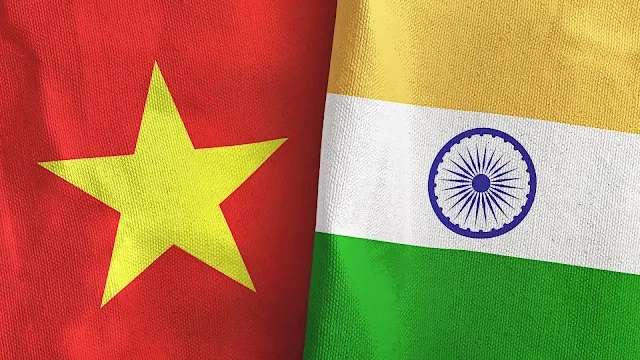Kashmir sericulture, or silkworm farming, is a casualty of changing regulations, regional political tensions and competition from China. Only about 30 per cent of the silkworm cocoons produced in Kashmir have been used locally to produce silk. The rest is exported to other regions in India and neighboring countries, which convert cocoons into silk more cheaply and efficiently.
Kashmiri silk factories have to find a way to produce as cheaply and efficiently as their East Asian competitors. Competition has meant that many Kashmiri silk producers have abandoned the industry as the price they receive for silk products has declined dramatically. The Kashmir silk industry once held a significant position in the world due to its superior quality and luster. Shortage of mulberry trees for rearing the cocoons is a pressing problem.
Since the 1980s, production has decreased dramatically. By the late 1990s the state was producing only 60,000 kg of cocoons per year. Rates have come down sharply from Rs 1500 per kilogram last year. The rates have touched Rs 500 to Rs 600 per kilogram. Previously prices were kept artificially high in an attempt to grow the silk industry. India is the second largest producer and consumer of silk products in the world.
Kashmir sericulture on the brink
- 1
- 2
- 3
- 4
- 5
- 6
- 7
- 8
- 9
- 10
Denim’s DIY Revolution: Customization, on-demand shaping global jeanswear segmen…
At a time where individuality and self-expression reign supreme, the denim and jeanswear industry is witnessing an unprecedented shift toward... Read more
Bangladesh vs Vietnam who scores higher as global apparel supplier
The global apparel market is witnessing a fascinating competition between Bangladesh and Vietnam, each vying for dominance after China. Data... Read more
China's shifting export dynamics and the declining importance of the US market
A recent analysis by David Birnbaum reveals a significant shift in China's export focus, specifically concerning the US’ as a... Read more
Apparel demand remains strong, but economic clouds loom: Wazir Advisors report
Wazir Advisors April 2025 ‘Apparel trade scenario in key global markets and India’ captures the evolving dynamics of global apparel... Read more
Vietnam and India eye mutual gains amidst global trade shifts
At a time of evolving trade policies and geopolitical uncertainties, Vietnam and India are looking to deepen their cooperation in... Read more
US tariffs spark Chinese resurgence, domestic focus intensifies
The recent escalation of reciprocal tariffs between the US and China has sent ripples through the global fashion, apparel, and... Read more
South Korea's apparel market undergoes a budget revolution
South Korea's fashion market is seeing growing demand for affordable and functional apparels. This shift is challenging the dominance of... Read more
Spreading the Bets: India’s need to create a new textile export map
India’s textile and apparel sector, finds itself entangled in a rapidly shifting global trade environment. As geopolitical uncertainties and reciprocal... Read more
As US consumer confidence crumbles it casts a looming shadow over fashion spendi…
A chilling wave of pessimism has swept across the US, with consumer sentiment falling to levels unseen since the depths... Read more
The denim-cargo conundrum, a global tug-of-war in casualwear
The world of casual apparel, once a clear-cut battleground between denim's enduring legacy and the utilitarian surge of cargos, is... Read more












